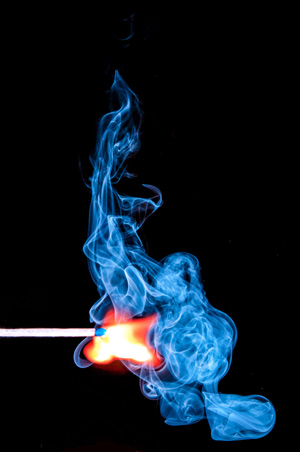FAQs
Are sprinklers effective?
All fires start small. If detected early enough, a fire can be controlled using very little water. Records from around the world prove that sprinkler systems successfully controlled over 99% of all fires where they were fitted.

Can a fire sprinkler go off accidentally?
International research spanning nearly two decades clearly demonstrates that the chances of a sprinkler going off accidentally are extremely remote. Only a threatening fire can generate enough heat (and gases) to open a sprinkler.
Can sprinklers cause water damage?
A sprinkler flows between 40-60 litres per minute depending on its design. Because it tackles the fire immediately it has a much smaller fire to deal with than the Fire Brigade might have when it arrives 10-30 minutes later. One Fire Brigade hose can use around 1,000 litres per minute! A sprinkler system generally uses far less water than the Fire Brigade. Many rooms can be back in service after only a few hours following a sprinklered fire. In most other major fires, the damage from the fire, and from the water used, is extensive.
Won't all the sprinklers go off?
No. This is a myth used by Hollywood directors to save the hero! Only the sprinkler nearest the fire will activate. Most fires are controlled by just one sprinkler head.
Are they unsightly?
Not at all. Modern designs of domestic sprinklers are small and neat, and the specially designed 'concealed' units are actually difficult to spot. Most sprinklers go completely unnoticed!
Can I install a DIY Sprinkler System?
To operate effectively and efficiently sprinkler systems should be carefully designed to British Standards to ensure correct flow and pressure conditions are met. A poorly engineered system could cost lives! It is NOT recommended that a sprinkler system is DIY.
Isn't my Smoke Alarm enough?
Smoke alarms give an early warning and are a valuable safety aid. However, they do not fight a fire, and of course are ineffective if the building is unoccupied. Sprinklers give automatic protection 24 hours a day, every day. This can provide vital time for the hard of hearing, young children, babies, older people or people with special needs.
